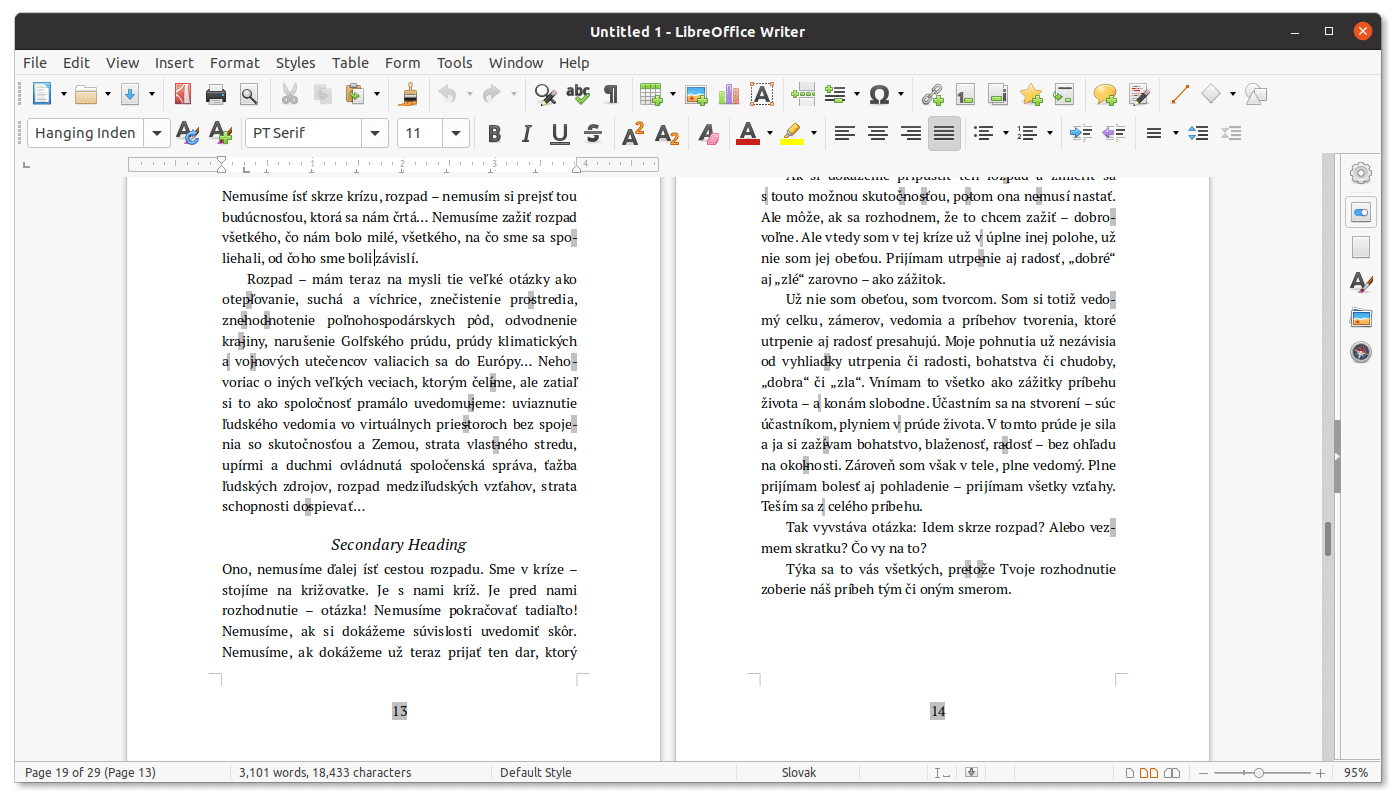The controversy between free and proprietary software heats up again. LibreOffice, the well-known open-source office suite, has accused Microsoft of using its Office Open XML (OOXML) format as a tool for vendor lock-in. According to The Document Foundation, OOXML is unnecessarily complex, preventing genuine interoperability and perpetuating user dependence on the Microsoft ecosystem.
This criticism adds to existing concerns over practices such as telemetry in Windows 11, hardware renewal pressures, and subscription restrictions in Microsoft 365. For LibreOffice, now is the time for companies, governments, and users to shift toward truly open formats.
Although OOXML was standardized by ISO in 2008 amid intense pressure from Microsoft, its actual implementation falls far short of the simplicity or transparency expected from an open format. LibreOffice officials state that accurately reproducing this standard is nearly impossible without access to Microsoft’s original code, due to its complexity, ambiguous documentation, and inherited elements from earlier Office versions.
“It’s like allowing everyone to use train tracks, but designing a signaling system so complex that only the original manufacturer can operate the trains safely,” argues the foundation.
Here’s a comparison table of major document formats used by different office suites:
| Format | Type | Main Suite | Open Standard | Actual Interoperability | Key Notes |
|---|---|---|---|---|---|
| .odt / .ods / .odp | Open | LibreOffice, OnlyOffice, Calligra | ✅ OASIS ODF | ✅ High | Native LibreOffice format. Fully documented. Recommended by governments. |
| .docx / .xlsx / .pptx | Proprietary | Microsoft Office (MS 365) | ⚠ ISO (OOXML) | ⚠ Partial | Complex standard. Limited documentation. LibreOffice offers partial compatibility. |
| .doc / .xls / .ppt | Proprietary | Microsoft Office (legacy) | ❌ Not standardized | ❌ Limited | Closed binary format. Not recommended for new documents. |
| .pages / .numbers / .key | Proprietary | Apple iWork | ❌ No | ❌ Low | Not designed for interoperability. Export options limited. |
| Open | Adobe, LibreOffice, etc. | ✅ ISO 32000 | ✅ High | Open format, but Adobe controls essential tools like Acrobat. |
With Windows 10 support ending and the mandatory migration to Windows 11, LibreOffice advocates for an alternative model based on Linux and ODF, especially for public administrations and companies aiming to lower costs, retain data control, and avoid lock-in.
“The problem isn’t just Microsoft. It’s also the responsibility of users and technical teams, who have normalized this dependency over the years,” states The Document Foundation.
What can organizations do? Experts recommend:
- Audit internal document formats and how many workflows depend on OOXML.
- Train staff in free tools like LibreOffice or OnlyOffice.
- Establish policies adopting ODF as the corporate standard for internal documents.
- Require true interoperability in contracts and public tenders.
- Consider phased migrations to Linux desktops in technical or educational departments.
In conclusion, LibreOffice’s accusation reignites a critical debate in the tech world: who controls the formats we work with every day? Beyond technical issues, interoperability is also a matter of digital sovereignty. While Microsoft strengthens its proprietary ecosystem, open-source software advances with open formats, public documentation, and real freedom of choice.

